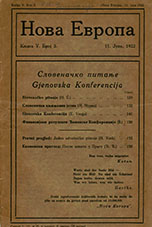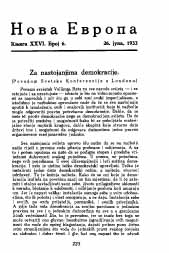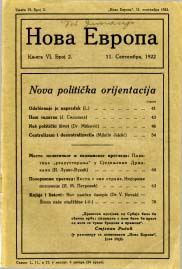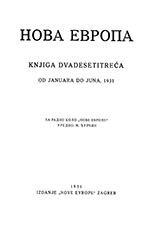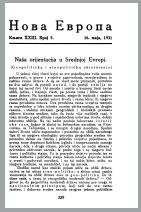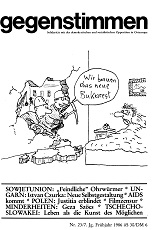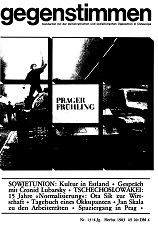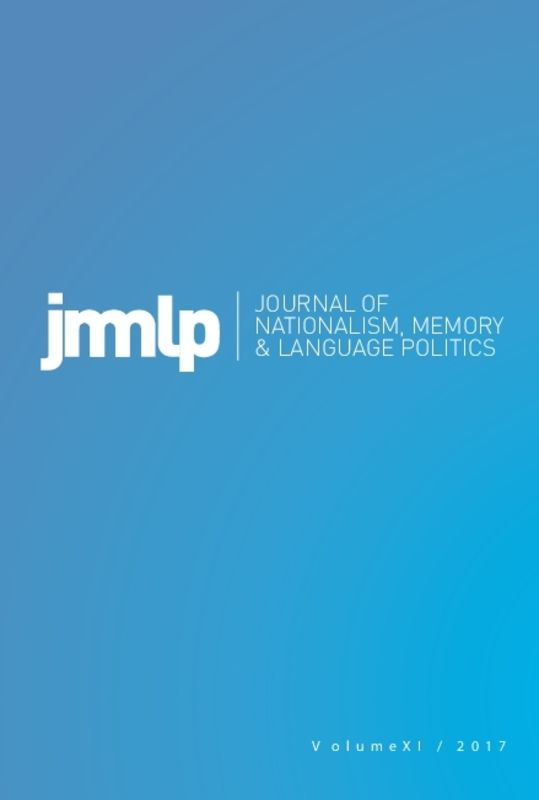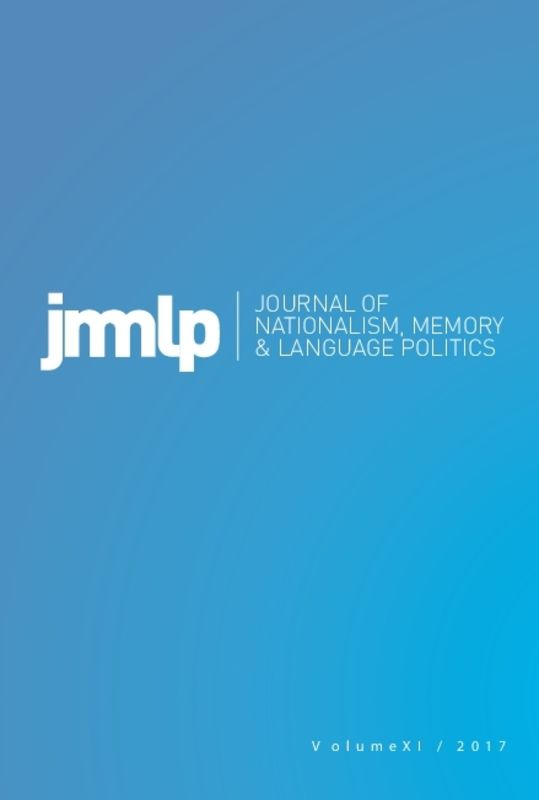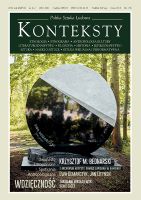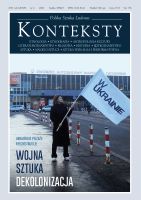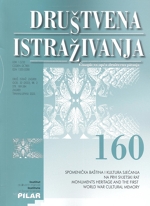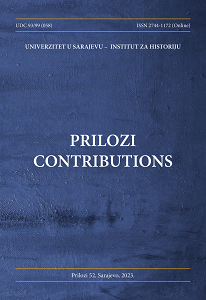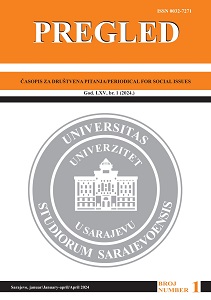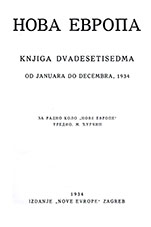
Јеврејско питање након Рата
После Рата је могло бити у свету око петнаест милијона Јевреја. Највише их је било у Совјетској Русији, у Пољској, и у Сједињеним Државама Америке. Знатан број био је и у Немачкој и Румунији; затим у Чешкословачкој, Аустрији, и Маџарској. Остале земље слабије су заступане. У Југославији било је свега око 65.000 Јевреја, што је процентуално знатно мање него у суседним земљама; сем Албаније и Италије, где их има још мање.
More...
